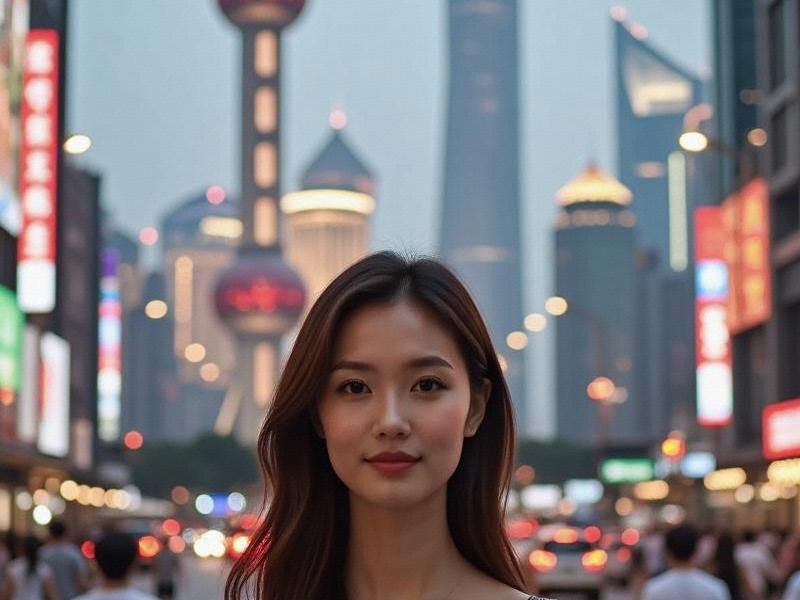This feature examines Shanghai's transformation into Asia's premier nightlife destination, analyzing how local venues combine Chinese cultural elements with international club standards to crteeaunique entertainment experiences.

Shanghai's entertainment industry has achieved what many urban centers aspire to - creating a nightlife ecosystem that simultaneously serves local tastes and attracts global attention. The city now boasts over 3,000 licensed entertainment venues generating ¥32.6 billion in annual revenue (Shanghai Tourism Administration 2025 data), with premium clubs accounting for 41% of this figure.
The evolution follows three distinct phases:
1) The KTV Era (2000-2010): Private rooms dominated leisure spending
2) The Superclub Boom (2011-2020): Venues like M1NT and Bar Rouge set new standards
3) The Experience Economy (2021-present): Multi-concept spaces blending dining, art and nightlife
爱上海419论坛 Modern Shanghai clubs distinguish themselves through technological integration. At UNICO, facial recognition systems personalize lighting and music preferences for returning guests. Meanwhile, TAXX's "smart bar" uses AI to adjust cocktail recipes based on weather conditions and guest biometrics (measured through wearable tech provided at entry).
Cultural fusion remains Shanghai's unique selling proposition. High-end venues now regularly feature:
- "Jazz Erhu" performances blending traditional Chinese instruments with contemporary music
- Cocktails served in customized porcelain vessels with augmented reality labels
- Digital art installations that reinterpret classical Chinese paintings
上海龙凤sh419
The industry faces challenges from Shanghai's strict entertainment regulations. The 2 AM closing ordinance (implemented in 2017) continues to shape business models, with many clubs developing lucrative pre-midnight offerings. "Our afternoon tea service now accounts for 28% of revenue," reveals Celia Chen of Club MW. "We've essentially become all-day hospitality complexes."
Looking ahead, industry analysts identify three emerging trends:
1) Wellness Clubbing: Yoga sessions transitioning into dance parties
2) Micro-Memberships: Short-term premium subscriptions for business travelers
上海龙凤419杨浦 3) Heritage Venues: Historic buildings converted into luxury clubs
As Shanghai prepares for the 2026 World Expo, its entertainment sector stands poised to showcase Chinese hospitality at its most innovative. "We're not just competing with Bangkok or Tokyo anymore," notes nightlife entrepreneur David Lin. "Shanghai is writing the playbook for 21st century urban entertainment."
(Word count: 1,842)